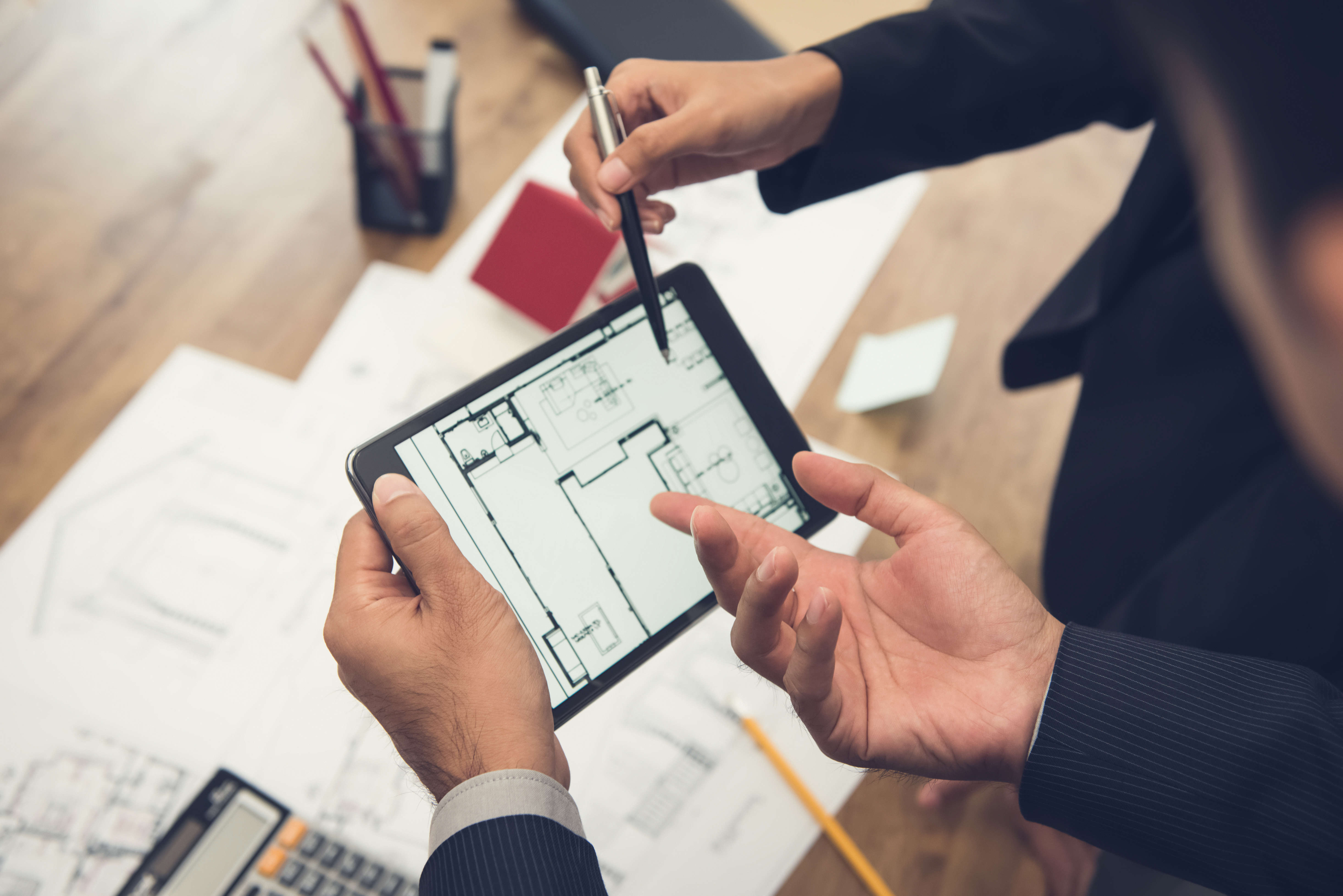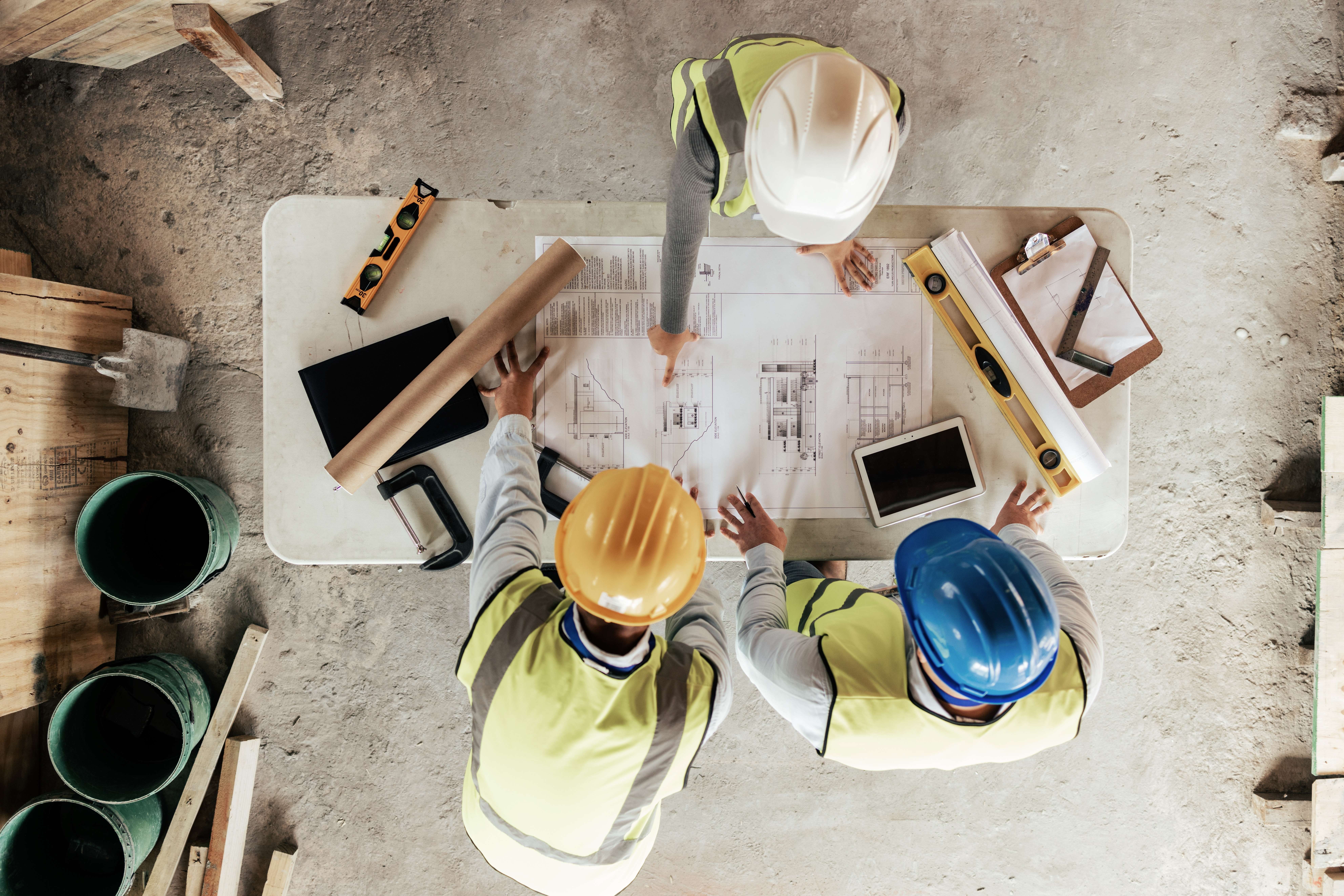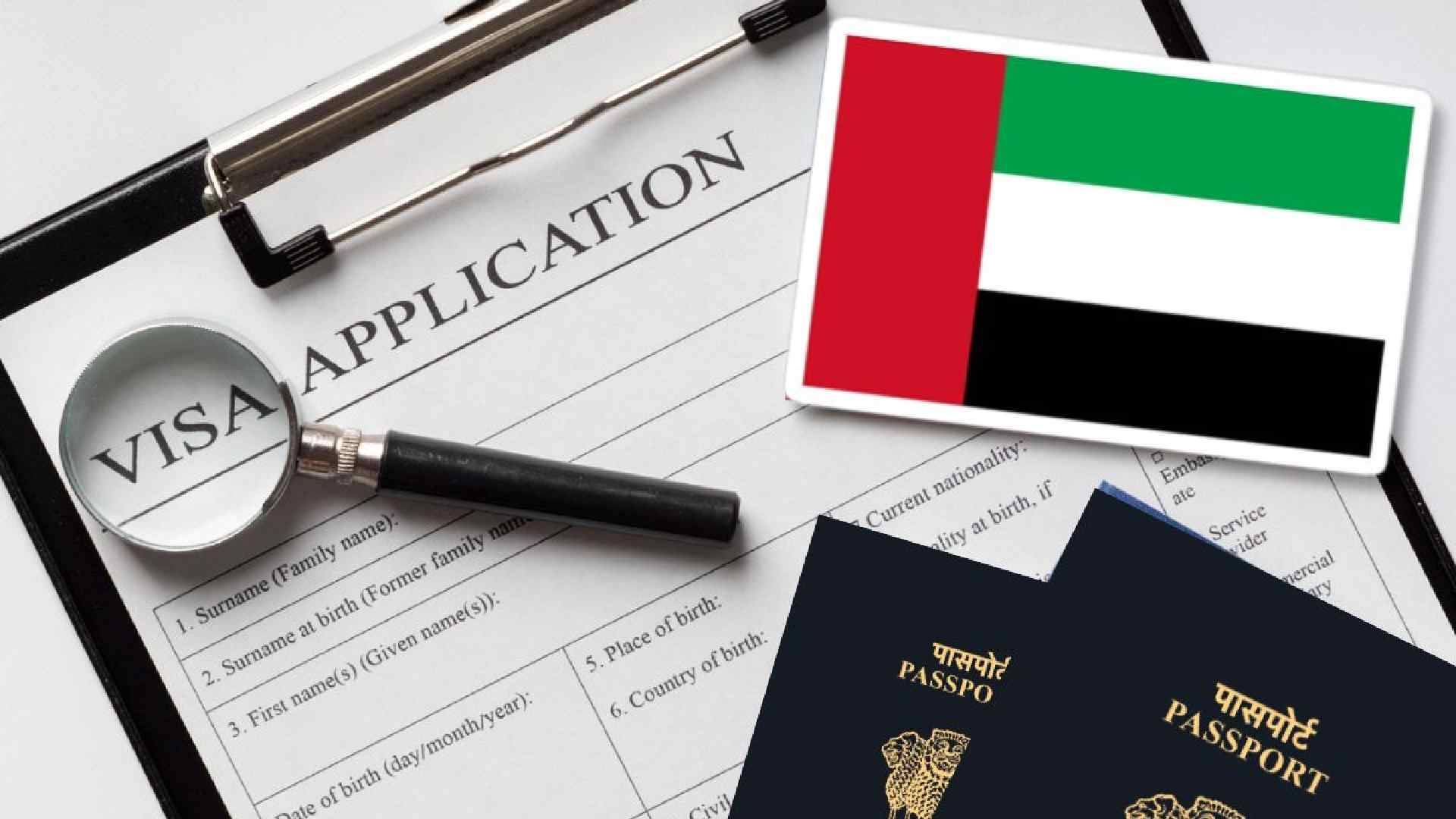HOW TO BUY OFF-PLAN PROPERTY IN DUBAI STEP-BY-STEP GUIDE
Off-plan investments in Dubai offer high capital appreciation, flexible payment plans, and access to premium locations before they’re sold out. Here’s how to navigate the off-plan buying process with confidence.
YOUR STEP-BY-STEP GUIDE TO BUYING OFF-PLAN PROPERTY IN DUBAI
Dubai is one of the world’s most active off-plan markets, attracting both local and global investors with pre-construction projects in high-demand communities. Whether you’re seeking long-term rental income or early capital gains, buying off-plan offers unique advantages—but also requires careful due diligence. This guide outlines the full process from project selection to handover.

Understand What “Off-Plan” Means
Off-plan refers to properties sold before construction is complete—sometimes before ground has even broken. You invest based on brochures, floor plans, and show units, with the promise of delivery within 1–4 years, depending on the project timeline.
Choose a Reliable Developer
Work only with RERA-registered and financially sound developers with a proven track record. Housinova can guide you to trusted names in the market and advise on their handover history, project quality, and resale performance.
Compare Projects, Payment Plans & Incentives
Off-plan projects often come with attractive post-handover payment plans, registration fee waivers, and guaranteed rental returns. We help you compare launches based on location, ROI potential, price per sq.ft., and available offers to identify the most strategic investment.
Reserve Your Unit with an EOI
Once you've chosen your unit, the next step is submitting an Expression of Interest (EOI), along with a copy of your passport and a booking fee (typically 5–10%). This holds the unit in your name while the SPA is prepared.
Sign the Sales & Purchase Agreement (SPA)
After initial approvals, you’ll sign the SPA outlining payment milestones, handover timeline, and contractual terms. Ensure the document is reviewed with your agent to understand obligations and penalties for delays or non-payment.
Follow the Construction & Payment Milestones
Payments are made in stages, often tied to construction progress or on a fixed timeline. Developers are regulated by escrow laws—meaning your payments go into a secure account used only for that project. You can track updates via the DLD’s Oqood system or through official construction reports.
Prepare for Handover
Once the project is complete and receives a Building Completion Certificate (BCC), you’ll be contacted for final payments, inspections, and handover formalities. You’ll also receive your title deed and access cards at this stage.
Thinking of investing in off-plan property in Dubai?
Our experts will guide you through the safest, most profitable options in the market today—based on real data, trusted developers, and legal transparency.
Reach out to Housinova today to reserve your unit early.







